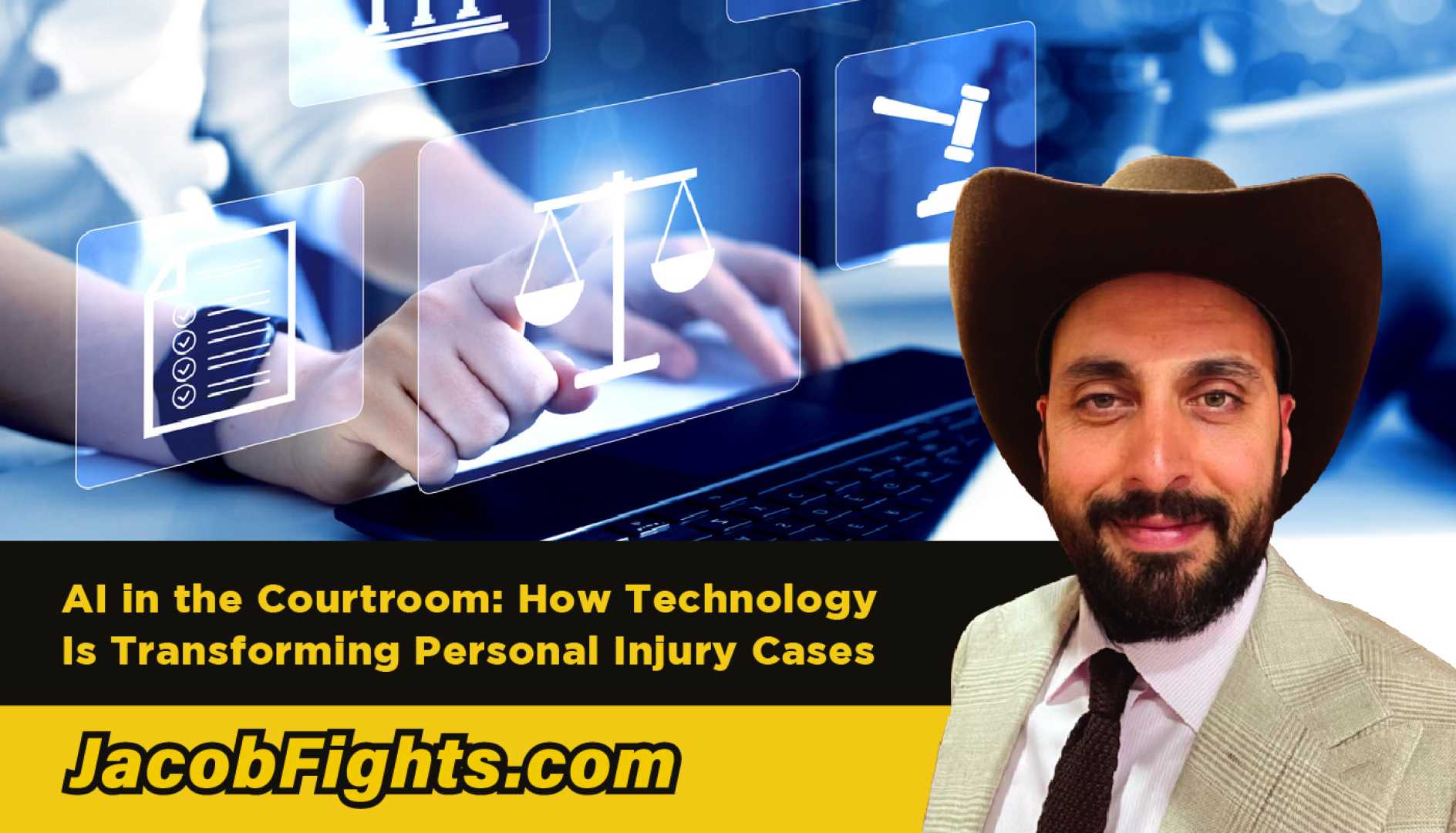Business
Personal Injury Lawyers Embrace AI, But Adoption Remains Limited

Rochester, New York — The adoption of technology in the legal profession has varied greatly over the years. While some lawyers welcome innovations like email and word processing, others have been hesitant about new tools such as cloud computing and video conferencing. A recent survey reveals that personal injury (PI) lawyers are leading the way in using artificial intelligence (AI) technologies, although overall adoption remains limited.
The report, released earlier this month, explores how personal injury attorneys view AI and their future plans for integration. According to the data, 37% of personal injury lawyers use generative AI in their work, surpassing the overall lawyer average of 31%. However, just 19% of PI firms have formally implemented AI firmwide.
Many attorneys are cautious about AI adoption. The survey found that 39% prefer AI tools integrated within established software solutions, while 34% value vendors who understand their workflows. Additionally, 25% emphasize ethical considerations when choosing AI tools.
Respondents detailed various uses for AI, including summarizing medical records and drafting legal correspondence. The most common tasks include drafting correspondence (52%), brainstorming (46%), and document preparation (39%). Despite enthusiasm, only 14% of lawyers use AI daily, indicating that many are still exploring its applications.
When it comes to efficiency, almost one-third of PI firms reported gaining some efficiency thanks to AI, with 4% seeing significant improvements. Some individual attorneys noted saving one to five hours a week, while others have not yet experienced substantial benefits, suggesting many are still learning to effectively utilize the technology.
Looking forward, 62% of PI firms express uncertainty about when they might fully adopt AI, with 16% aiming for the next year and 8% within six months. Those currently using AI hope to increase productivity (61%), cut costs (44%), and replace some administrative functions (36%). Interestingly, PI firms are more likely than the average lawyer to expect AI to replace outsourced work—19% compared to 12%.
However, PI lawyers also face shared concerns about AI. Thirty-seven percent highlighted trust issues regarding AI results, while the same percentage raised ethical concerns. Waiting for the technology to mature is a concern for 41% of respondents.
Despite these challenges, PI lawyers prioritize certain AI features that align with their practice. More than half (56%) identified the summarization and analysis of medical records as crucial. Other important tasks include summarizing lengthy documents (48%), analyzing multiple documents (41%), and extracting data (39%).
As legal technology continues to evolve, the adoption of AI will depend on the specific needs of each practice area. Personal injury lawyers exhibit a readiness to embrace this technology, while other specialties may take more time to adapt.












